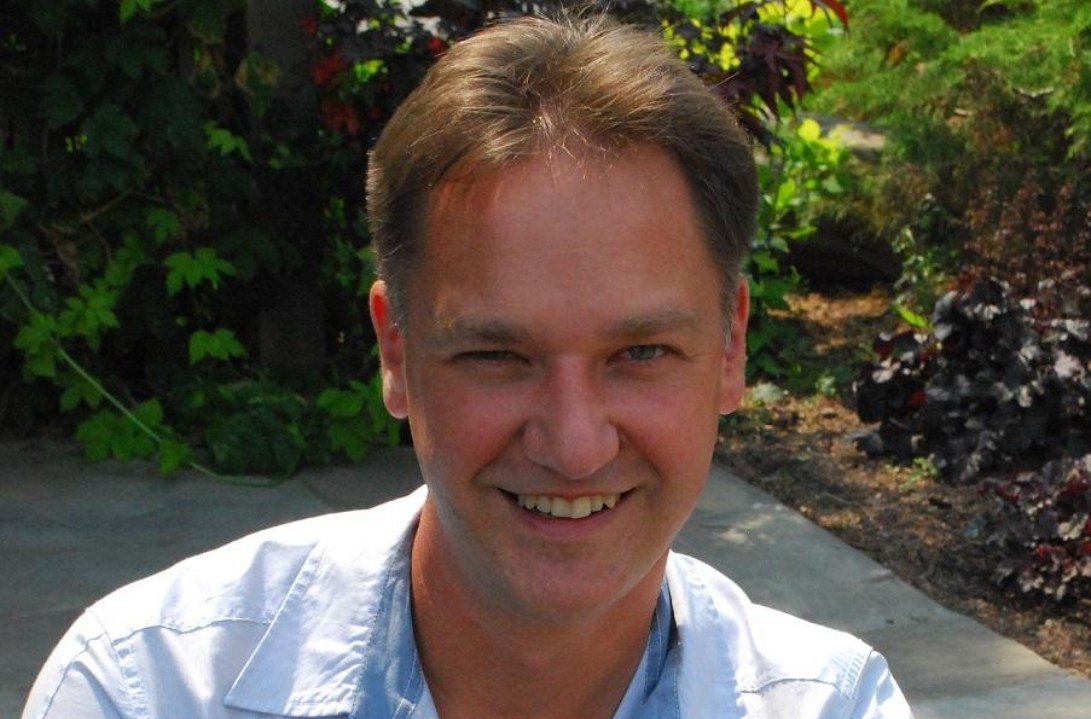
Academic Visitor
Dr Axel Moehrenschlager
PROFILE
Dr. Moehrenschlager joined the Calgary Zoo in 1999, following his PhD work at Oxford University’s Wildlife Conservation Research Unit. His work focused on coyotes, red foxes, and Canada’s most endangered carnivore, the Swift Fox. He is a member of World Conservation Union (IUCN) Canid and Reintroduction Specialist Groups, co-chair of the Canadian Swift Fox recovery team, and numerous conservation committees.
Dr. Moehrenschlager is an Adjunct Associate Professor in the University of Calgary’s Ecology Division and a Senior Research Associate Fellow at Oxford University’s Department of Zoology. Previous field research on wood bison, wolves, red squirrels and peregrine falcons founded his strong interest in restoration ecology, which is reflected in all of the Centre’s projects today.
SELECTED PUBLICATIONS
What’s on the horizon for community-based conservation? Emerging threats and opportunities
Conflicting and complementary ethics of animal welfare considerations in reintroductions
Animal Welfare, Animal Rights, and Conservation Translocations: Moving Forward in the Face of Ethical Dilemmas
What’s on the horizon for community-based conservation? Emerging threats and opportunities
Community-based conservation can support livelihoods and biodiversity, while reinforcing local and Indigenous values, cultures, and institutions. Its delivery can help address cross-cutting global challenges, such as climate change, conservation, poverty, and food security. Therefore, understanding trends in community-based conservation is pertinent to setting and implementing global goals. We undertook a horizon scan to prioritize 15 emerging threats and opportunities expected to impact the future effectiveness of community-based conservation. Topics relate to global biodiversity policy; human rights; shifting human geography; inclusion, diversity, equity, and access; conservation finance and income; and economic reforms. Our findings offer guidance on strengthening community-based conservation to achieve global environmental and development goals.